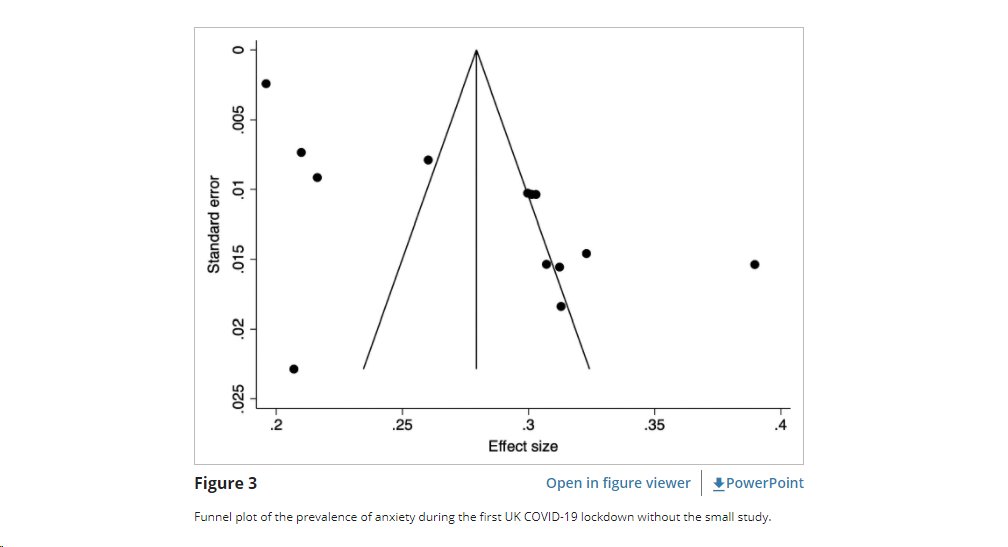
I really don't miss the hubris of old doctors who love to wax poetic about how great things were before modern ideas took over. It could be about some new technology or theory or idea. But it always goes back to "it was worse than we were before".
I dislike it so much.
/1
I dislike it so much.
/1
First, there are few things in healthcare that were better 100 years ago. Mortality rates were higher, life expectancy of his lower, outcomes were much worse, and treatments much more inhumane.
/2
/2
Second, in almost always centers especially in the West around whiteness and ableism. There may be some who found it better earlier, but I promise you there are many groups who would never go back in time if given the chance.
/3
/3
Third, it is always paired with some kind of smug I am a wiser person than you were you young little whippersnappers vibe.
I am so thankful for the Giants of thought on which I have built my medical knowledge and my approaches to healthcare.
/4
I am so thankful for the Giants of thought on which I have built my medical knowledge and my approaches to healthcare.
/4
But I can also see the severe flaws the extreme inequity, the paternalism and "wise healer" gross power imbalances, and straight up barbaric practices that we would never do today.
/5
/5
In my field, the "good old days" included lobotomies, the schizophrenogenic mother, homosexuality as a mental illness, and straight up racism and eugenics disguised as public health.
/6
/6
There is not a single thought I have in medicine that did not come from some great thinker in some great time of thought. And each generation tries to build upon it, but to pretend that going backwards is forwards demeans pretty much everyone who isn't you and your privilege.
Importantly, there is no possible way for me to believe that things are good enough yet or perfect right now. We still have massive problems that we need to solve.
And I am so thankful that a generation of learners who get to see all of our mistakes and learn all of our best knowledge and carry Health care into the future for the better.
I tell all of my students that I do not want to train them to be like me but to be better.
I tell all of my students that I do not want to train them to be like me but to be better.
• • •
Missing some Tweet in this thread? You can try to
force a refresh












